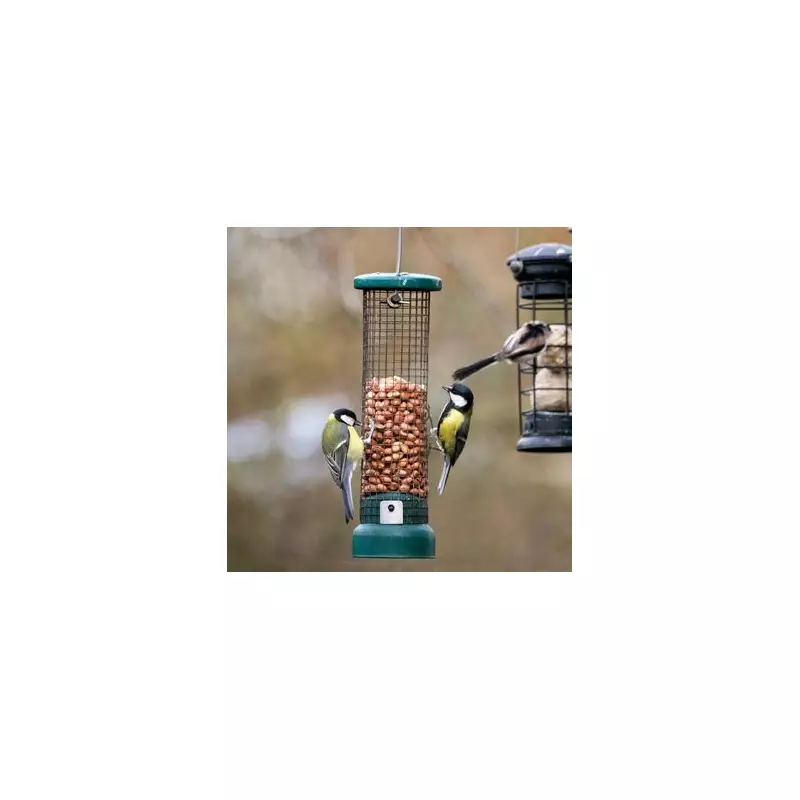
As a sharp cold snap grips the UK, gardeners are being urged to conduct a vital safety check on a common garden feature: the bird feeder. While providing food for our feathered friends is crucial during winter when natural sources are scarce, a hidden hazard can quickly develop in the damp and cold, posing a serious risk to bird health.
The Hidden Hazard in Your Garden
This critical warning comes from Richard Green, a bird feeding expert from the specialist supplier Kennedy Wild Bird Food & Pet Supplies. He has highlighted that bird feeders can rapidly become a danger zone during the wet and chilly months, transforming from a lifeline into a potential source of disease.
Richard's primary advice for anyone with a feeder is simple: go outside and immediately clear away any birdseed or other foods that have become damp or have started to spoil. He explains the rapid timeline for contamination, stating: "Once damp, within 24 to 48 hours, seed can harbour moulds, bacteria and parasites that spread illness among birds sharing the same feeding space."
How to Identify and Handle Spoiled Seed
It is easy to tell if your birdseed has spoiled and needs to be removed. Key warning signs include the seed clustering together, a noticeable change in its colour, or the presence of a distinct musty smell. Richard Green provides a clear visual guide, warning: "Any black, green or white fuzz on the food means it should be discarded immediately."
After clearing the soggy seed from the feeder, it is essential to dispose of it straight away. Gardeners are strongly advised never to attempt drying it out for reuse. The expert confirms that mould spores and bacteria can remain active even after the seed has dried, meaning the risk to birds would persist.
Ensuring Safe Winter Feeding
Explaining why feeders concentrate the risk, Richard noted that while birds might occasionally eat damp seed in the wild, feeders bring many birds into close contact with the same potentially contaminated food source. He emphasises that "Cleanliness is what makes garden feeding safe."
For those looking to support birds correctly as temperatures plummet, the right food provides vital energy. Top choices include nuts and seeds, fat balls, suet, and mealworms. Berries and fruits like raisins are also excellent, as their high sugar content offers a much-needed energy boost. The key is to maintain a regular feeding schedule, as birds will become accustomed to it and rely on the nourishment you provide.





